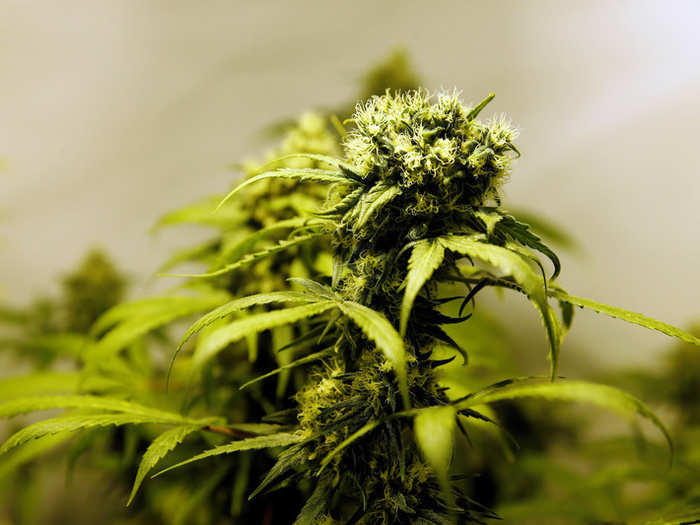
Uruguay became the first country to legalize marijuana in December 2013 after former President Jose Mujica signed the legislation.
While it broke new ground as the first country to legalize the drug at the federal level, Uruguay's roll-out of a recreational marijuana industry has been bumpy, to say the least.
According to John Hudak, an expert on cannabis policy at the Washington D.C.-based Brookings Institution, Uruguay's legal cannabis providers have been marked by supply shortages and distribution problems, forcing some consumers to rely on the illegal black market.

Canada made history in June when it became the first G7 nation to legalize marijuana at the federal level. While the law doesn't go into effect until October 17, countries around the world are watching Canada's rollout closely.
"Canada's decision to legalize marijuana is unprecedented among wealthy nations," Muggah, the co-founder and research director of the Igarapé Institute said.
Canada's legal marijuana industry has already given rise to large public corporations that are inking billion-dollar deals to sell and export Canadian marijuana all over the world. And because of the federal government's coherent stance on marijuana, big banks, and major institutional investors are jumping into the industry.
It remains to be seen, however, whether Canada's marijuana policy can achieve the stated goals of reducing youth access and keeping marijuana consumers from turning to the black market.

Colorado became the first US state to legalize marijuana for adults over the age of 21 in 2012, followed by nine other states — including California and Massachusetts — by the beginning of 2018.
On top of that, another 30 states have some form of medical marijuana laws on the books, including Oklahoma, one of the most conservative states in the US.
Neither Congress nor President Donald Trump's administration have legalized marijuana at the federal level (though there are a number of bills circulating around the House and Senate), so some questions still remain over whether the US will legalize marijuana outright.
While multiple states have set up successful markets for recreational marijuana, Muggah said that some policies lack proper consideration for communities who were hurt most by drug prohibition.
"While there have been important advances on the public health front, states and cities across the US are still lagging when it comes to criminal justice reform," Muggah said.

Colombia has been a leader in experimenting with different approaches to drug policy for decades.
The country has long struggled with violence resulting from black market cocaine and marijuana consumption. Prohibition didn’t help.
So in 1988, Colombia became one of the few countries to back out of the United Nations’ Narcotics Convention, a document that escalated the prohibition approach to drug manufacturing and consumption.In 1994, Colombia made it unconstitutional to criminalize the consumption of all drugs.
Colombia does not yet have legal marijuana.

Chile's government recognized the medicinal value of marijuana in 2013. As of this year, Chileans are permitted to grow up to six plants per household and possess up to ten grams for personal consumption — as long as they have a prescription from a doctor, according to the Igarapé Institute.
Chile has the highest cannabis consumption rates per capita of any nation, according to Marijuana Business Daily, a trade publication.
 Global stocks rally even as Sensex, Nifty fall sharply on Friday
Global stocks rally even as Sensex, Nifty fall sharply on Friday
 In second consecutive week of decline, forex kitty drops $2.28 bn to $640.33 bn
In second consecutive week of decline, forex kitty drops $2.28 bn to $640.33 bn
 SBI Life Q4 profit rises 4% to ₹811 crore
SBI Life Q4 profit rises 4% to ₹811 crore

Copyright © 2024. Times Internet Limited. All rights reserved.For reprint rights. Times Syndication Service.